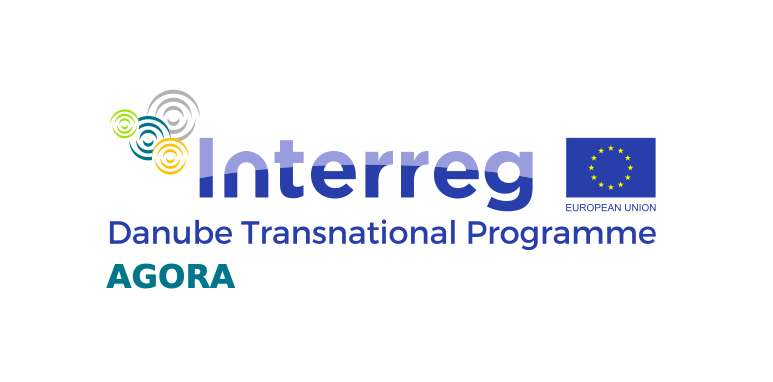

The Danube Region (DR) is facing transitional challenges related to culture, planning systems, local heritage, and social structures. Many cities, and especially small and middle-sized towns, are struggling to remain attractive in an increasingly competitive context, largely because of abandonment and ‘missed opportunities’ for large stocks of land and buildings across the whole Region.
The recovery of unused public or private land or buildings is often prevented by governance, participatory, administrative, financial, and human capacity bottlenecks that the public administration struggles to overcome. Contemporary strategies for spatial development in the region tend to privilege a centralized approach with higher-tier governments holding the critical power affecting the local level.
In order to reach their potential, DR’s cities need to become key players mobilizing interest groups and stakeholders to work for endogenous growth and urban assets management.
Through a partnership consisting of public authorities and development agencies of the DR as well as various scientific partners, AGORA aims to support the cities in giving sense to abandoned spaces through new social and economic activities. The ambition of the project is to implement decentralised governance models, making urban policy a co-produced public responsibility, with and for city stakeholders. AGORA will support a joint design of open governance solutions and test them in 10 settings across the DR (in Romania, Bulgaria, Moldova, Germany, Croatia, Czech Republic, Bosnia and Hercegovina, Slovenia, and Romania).
The project will start on the 1st of July 2020 and will be accomplished by the end of December 2022.
The main objective of AGORA is a joint creation of a transnational policy-learning platform, transferring the project’s findings and governance solutions in a form of a Toolkit, offering instruments enabling entities to drive and catalyse the revalorisation of unused buildings into business and housing areas, boosting their growth potential.
Project partners:
- Cluj-Napoca Municipality (Romania)
- URBASOFIA SRLl (Romania)
- Institute for Local Development Association (Romania)
- ”Local Communities along the Danube River” Association (Romania)
- Development Agency North -DAN ltd (Croatia)
- Development Agency of Slavonski Brod ltd (Croatia)
- City Municipality of Koprivnica (Croatia)
- EUTROPIAN GMBH (Austria)
- Creative Space Vienna (Austria)
- City of Kranj (Slovenia)
- Urban Planning Institute of the Republic of Slovenia (Slovenia)
- Metropolitan Research Institute (Hungary)
- City of Szarvas (Hungary)
- European House (Hungary)
- Pakora.net – Network for Towns and Regions (Germany)
- Neckar-Alb Regional Association (Germany)
- Municipality of Prague 9 (Czech Republic)
- Evropska rozvojova agentura, s.r.o. (Czech Republic)
- Sofia Municipality (Bulgaria)
- Sofia Development Association (Bulgaria)
- Italian Chamber of Commerce in Bulgaria (Bulgaria)
- City of Zenica (Bosnia and Hercegovina)
- Zenica Development Agency ZEDA ltd (Bosnia and Hercegovina)
- City Hall of Chisinau Municipality (Moldova)
- EUROCITIES (Belgium)
- Spatial Foresight Limited (Luxembourg)
- University of Rome Tor Vergata – Department of Management and Law – DMD (Italy)
- State Scientific & Technical Centre for inter0sectorial & regional problems of the Environmental Safety and Resource Conservation (Ukraine)
